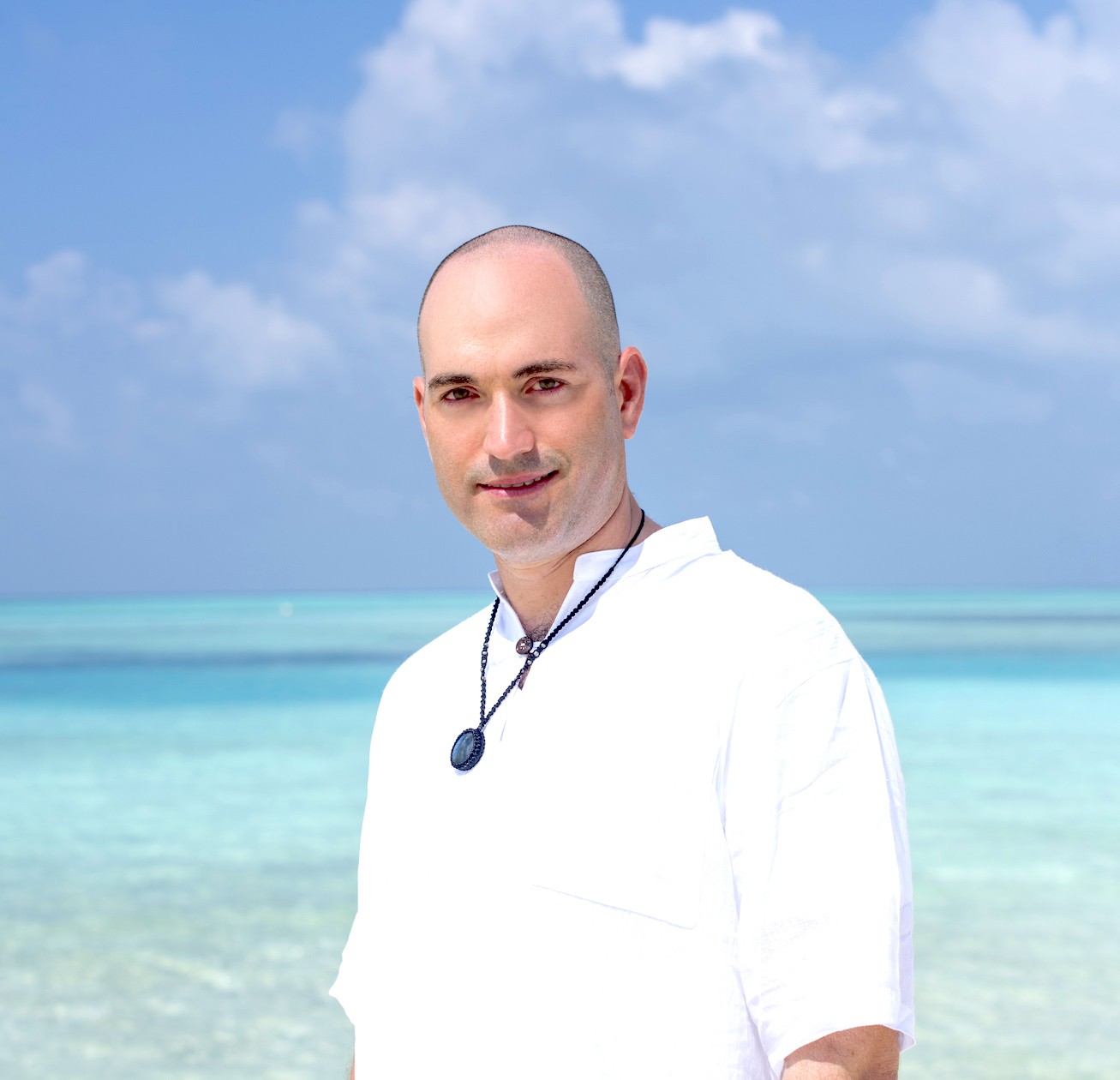
Post-Traumatic Stress Disorder (PTSD) can feel like a crushing emotional burden and personal storm, wherein a person feels hyper-sensitive to so many things occurring in his or her environment that another person may not even notice. The suffering of PTSD leads to feelings of loss, abandonment, disconnection from the world, and feeling overwhelmed. One may even start to view oneself as unloved or unlovable, helpless or empty inside, weighed down or trapped. Feelings of dissociation can continue throughout a lifetime without adequate treatment.
PTSD is a global health issue and causative factor in other mental health problems. Public awareness about the importance of mental wellbeing has grown in Australia due to the increased effect of the COVID-19 pandemic [alt tag: Everything You Wanted to Know About COVID-19] and the widespread exposure to trauma following the wars in Afghanistan and Iraq. PTSD can affect any person, any age, any sex, not only military combatants, including sexual assault victims, victims of domestic violence, child abuse victims and even survivors of hospital intensive care.
PTSD causes significant loss of human capital on an individual and society level, yet only approximately half of PTSD sufferers seek any treatment. Trauma exposure is widespread across the Australian population, affecting a large spectrum of people (twice as many women as men). These numbers are mushrooming due to forcibly displaced and fleeing people from conflict, persecution and war numbering over 80 million (1 in 95 people globally), and many seeking asylum and refuge in Australia.
The seriousness of chronic psychological stress has often been neglected in public discourse. Scientists have found by studying telomerase activity (an enzyme involved in protecting chromosomes from DNA damage) that chronic stress can decrease lifespan by more than 10 years.
What is PTSD?
PTSD as defined by the DSM-5 (American Psychological Association) includes the following for a duration of over a month:
- Directly experiencing or being a witness to another person experiencing a stressful event, that could include the threat or actual experience of injury, sexual violation or death.
- Experiencing upsetting memories or flashbacks of the events and sleep disturbance or nightmares.
- Avoidance of people, places or reminders of the event.
- Ongoing negative feelings, distress, loss of memory of the event, behavioural changes and detachment from others.
- Change in reactivity and arousal (may feature self-destructive behaviour, irritability, aggression, recklessness).
What are its risk factors?
A number of risk factors for developing PTSD include pre-trauma psychopathology, prior trauma exposure, neurobiology, family history, age, ethnicity and race, gender, and sexual orientation, IQ, education.
Interpersonal trauma (involving rape, sexual assault and being stalked) carry the greatest risk for developing PTSD.
Interpreting mental health data runs into a number of challenges including the under-reportage of traumas via non-disclosure because of shame or other personal or cultural reasons, suppressed or lost memories, and anonymity influencing reporting accuracy.
Neuroscience
Trauma and its effect on the human psyche is proposed via disruption of context-processing in brain circuitry, with symptoms of trauma showing up with similar signs and symptoms to traumatic brain injury.
Integrative approach to recovery
Leading trauma researcher and author of the classic, 'The Body Keeps the Score,' Bessel Van der Kolk found that "at the core of recovery is self-awareness." Van der Kolk notes that the most important phrases in trauma therapy are, "notice that" and "what happens next." So much of PTSD shows up as "being on high alert" as a person feels unsafe in their environment. Neuroscience research is finding that the way we can change the way we feel, is by becoming aware of our internal experience and learning to make friends with what goes on within us.
Illness is a manifestation of an entire life and the entire context of each human life within its social context must be addressed to effectively treat PTSD. Recovery within the mental health construct is a re-orientation within the perspective towards creating a life that is purposeful.
Contemporary research is showing the importance of embodiment practices and placing a richer emphasis on the relational and affective aspects of healing from a traumatic experience.
Helpful scientifically-proven techniques include:
Practicing Mindfulness
Why does this work?
Mindfulness helps to focus non-judgmental awareness on bodily sensations in the present moment, thereby shifting the stress response into relaxation.
Yoga
Why does this work?
Yoga is proposed to work via promoting body awareness. A Canadian pilot randomized control trial on 80 PTSD participants found that the yoga control group showed signs of increased resilience, decreased perceived stress, and improved sleep. The authors proposed that the therapeutic dimension of yoga is in its ability to induce calm and ensure emotion regulation and promote greater self-awareness.
Conclusion
In Australia, a classical biomedical approach has largely failed people, and the evidence shows increasingly that a holistic orientation towards 'recovery' and optimising 'resilience' incorporating new research into the mind-body relationship, will be most helpful moving forward.
7 Take-away ideas to promote resilience
- Consider exploring breathing and breathwork for greater well-being.
- Include daily mindfulness and meditation practices. (Tip: try out the CALM app)
- Exercise and movement are scientifically proven to reduce stress and promote resilience.
- Explore yoga as a movement option. Other practices showing positive results include Tai Chi and Qigong.
- Diet and nutrition are helpful foundational tools to optimise nervous system function. Consider a balanced rainbow Mediterranean-style diet with healthy portions of omega 3's, zinc, magnesium, containing anti-inflammatory compounds (like turmeric) and including antioxidant-rich fruit and vegetables.
- Consider herbal remedies with nervine and adaptagenic actions as well as anxiolytic compounds. My favourites include:
- Siberian Ginseng and Ashwagandha: adaptogenic support
- Rehmannia: adrenal tonic
- Passionflower, Hops, Chamomile, Melissa: calm nervous system
- Increase self-awareness and the ability to 'manage the inner experience' via receiving therapy, counseling, healing or psychotherapy.
Resources
If you or someone else is suffering from suspected PTSD, please seek out the help of a qualified professional. If you know someone who this information may help, please share.
- Head to Health, Australian Government Department of Health: https://www.headtohealth.gov.au
Or reach out to the following:
- Mental health services resources: https://au.reachout.com/tools-and-apps
- Smiling Mind: Free Meditation & Mindfulness app: https://www.smilingmind.com.au/smiling-mind-app
References:
- American Psychological Association 2013, Diagnostic and statistical manual of mental disorders, 5th ed. Arlington, VA.
- Jindani F, Turner N, Khalsa SBS 2015, 'A Yoga Intervention for Posttraumatic Stress: A Preliminary.
- Randomized Control Trial', Evidence-Based Complementary and Alternative Medicine, vol. 2015.
- Máté G, Chatterjee R 2021, The 4 Reasons You Feel Lost & How to Find Yourself, online video, 4 June 2021, viewed 2 July 2021, https://www.youtube.com/watch?v=T7frvyrcpDU
- Sareen, J 2014, 'Posttraumatic Stress Disorder in Adults: Impact, Comorbidity, Risk Factors, and Treatment', Can J Psychiatry, Vol. 59, No.9, pps. 460-467.
- van der Kolk, B 2014, The Body Keeps the Score, Penguin, UK.
- Wilkinson, M 2017, 'Mind, brain and body. Healing trauma: the way forward', Journal of Analytical Psychology, vol. 62, no. 4, pps. 526–543.










